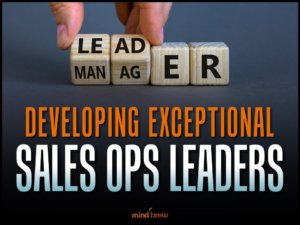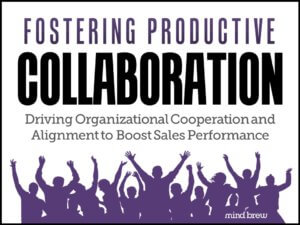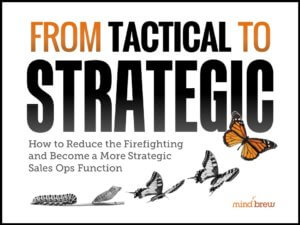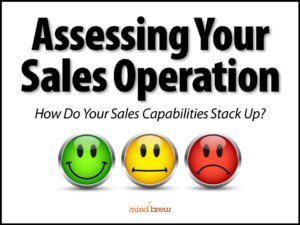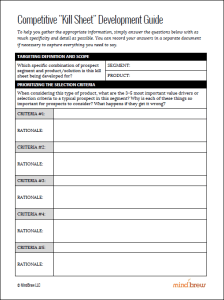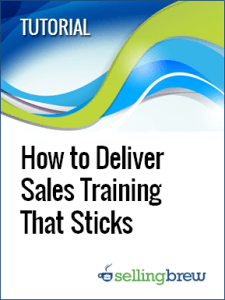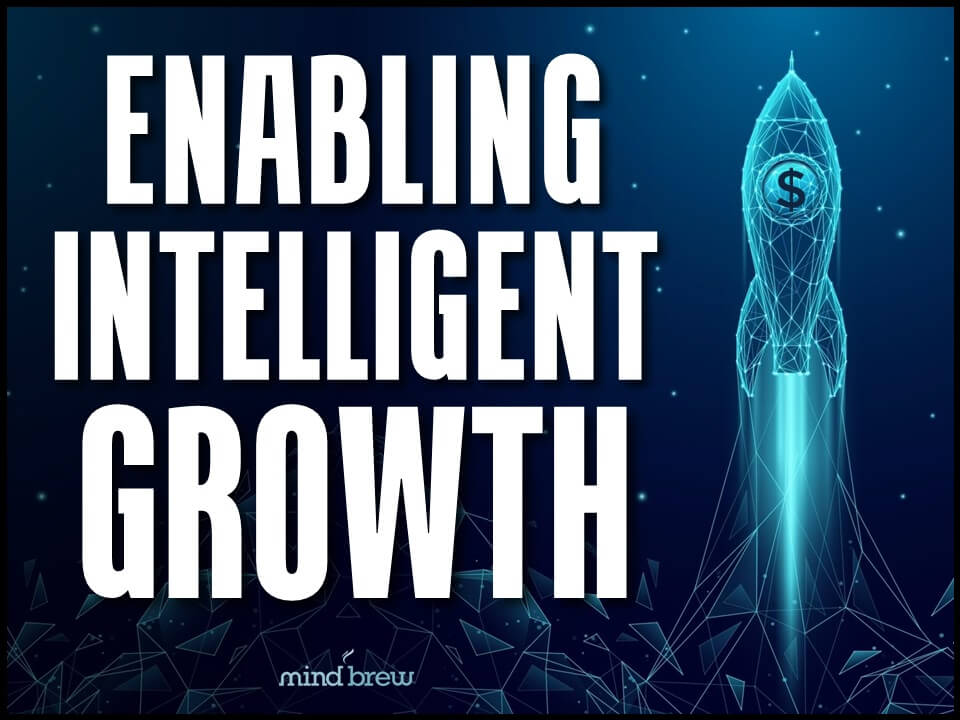The Renaissance scholar Petrarch once said, “Sameness is the mother of disgust, variety the cure.”
This idea holds true in the world of Sales Operations as well. The field attracts individuals from a myriad of backgrounds. It’s likely that none of us have a formal degree in Sales Ops, so we all bring unique experiences and skills that make us well-suited to the challenges and opportunities the role presents. This diversity is a strength, ensuring our teams remain dynamic and innovative, avoiding the pitfalls of becoming boring or, in Petrarch’s terms, a source of “disgust.”
But even with all that diversity, our research and experience in Sales Ops has highlighted three primary types of professionals in this space, each bringing distinct strengths and areas for improvement:
- The Data-Driven Analyst thrives on metrics, analytics, and trends. They have a penchant for CRM data, sales forecasts, and performance metrics, finding patterns that others might overlook. Often coming from backgrounds in finance or business analysis, these professionals ensure decisions are grounded in solid data. And if you put the decimal point in the wrong place in a small graphic in a report, they are definitely going to spot it and let you know about it. On the positive side, this individual is unlikely to commit an error. If someone asks them a question — they will wrestle with the data until they wring an answer out of it.
But they might make errors of omission. These folks might know the answers, but they don’t always know the right questions to ask. They can become too reliant on tools and data and miss out on qualitative concepts like change management, team morale or customer relationships.
- The Intuitive Decision Maker trusts their gut. They’ve been around the industry for long enough that they feel like they’ve seen it all. As a result, they understand what makes your customers tick. In a past life, they might have worked as a salesperson or customer service. They possess an innate understanding of the sales cycle, customer behavior, and market dynamics. And if there’s a decision to be made, they’ll quickly offer an opinion before you even ask for it. The great thing about these folks is that they can offer insights into your customers’ psychology that few other people can. They also have confidence that enables them to make a decision, even when data is scarce. When your company is facing uncertainty, these might be the only folks who feel ready to take action.
On the other hand, they sometimes miss out on insights that are hidden in the data. And they might stubbornly cling to opinions even after someone shows how the facts prove them wrong.
- The Strategic Orchestrator focuses on the big picture. They consider the organization’s long-term goals and try to balance both data-driven insights and intuitive reasoning. When starting a new initiative, they often bring in people from other teams, like sales, marketing, or product development, and they thrive in highly collaborative settings. They might have come to Sales Ops from almost any other discipline, because they aren’t defined by their background or their experience. Instead, it’s their mindset that sets them apart. They excel at adapting to changing circumstances. They can analyze both numbers and human psychology to arrive at solid conclusions. And they generally don’t need anyone to tell them what to do — they’ve already figured it out and have plans underway before other people even begin discussing it.
But strategic orchestrators are rare. It takes a lot of time and effort to acquire the necessary knowledge and skills and develop the right perspective. A lot of people just aren’t willing to put in the necessary work.You might have guessed by now that we at SellingBrew want to help more people become strategic orchestrators. While both data-driven and intuitive Sales Ops professionals have their strengths, we have consistently found that the strategic orchestrators holistic view can better align with broader business goals. This can help provide companies with a competitive edge — while also boosting their own careers.
If you’re ready to commit to becoming a strategic orchestrators, check out the following resources:
- Developing Sales Ops Leaders
- Fostering Productive Collaboration
- From Tactical to Strategic Sales Ops
- Assessing Your Sales Operation

